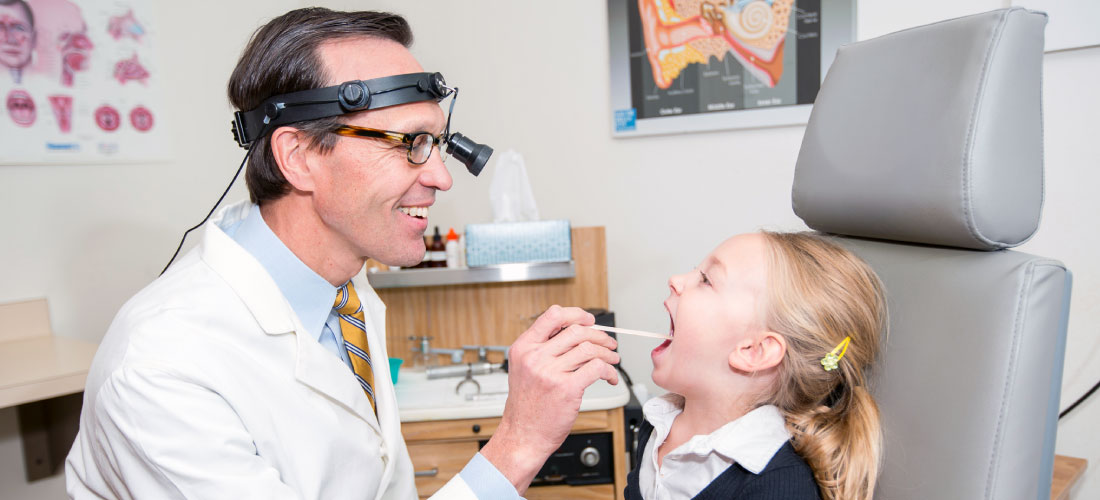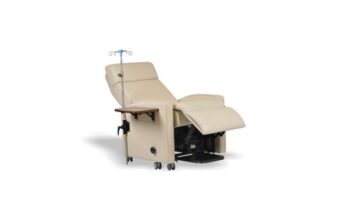Introduction
Children’s health is one of the greatest concerns for parents. While routine pediatric check-ups often cover general well-being, certain conditions require more specialized care. Ear, nose, and throat (ENT) issues are particularly common among children, ranging from frequent ear infections to breathing difficulties caused by enlarged tonsils. In such cases, seeking the right medical guidance can make all the difference in ensuring a child’s comfort and long-term development.
What Does an ENT Pediatric Specialist Do?
An ent pediatric specialist focuses on diagnosing and treating disorders related to the ear, nose, throat, and related areas of the head and neck in children. Unlike general pediatricians, these specialists undergo advanced training to manage conditions specific to younger patients, whose developing bodies present unique challenges.
Their expertise extends beyond treating routine infections. They also evaluate structural or developmental abnormalities, speech-related problems, and airway issues that can affect sleep quality. By working closely with families, ENT pediatric specialists ensure that treatment is tailored to each child’s stage of growth, comfort level, and future needs.
Common ENT Issues in Children
Children are more prone to certain ENT conditions due to their anatomy and developing immune systems. Some of the most frequent issues include:
- Ear Infections (Otitis Media): These are one of the top reasons for pediatric visits. While many cases resolve on their own, recurring infections can impact hearing and speech development.
- Tonsillitis and Adenoid Problems: Enlarged tonsils or adenoids can cause difficulty breathing, snoring, or sleep apnea, which may affect growth and learning.
- Nasal Congestion and Sinusitis: Persistent nasal blockage or sinus issues can lead to discomfort and recurrent illness.
- Hearing Loss: Temporary or permanent hearing issues, if left undiagnosed, can influence language acquisition and academic performance.
- Speech and Voice Disorders: Problems with vocal cords or nasal passages may require specialized therapy guided by ENT specialists.
The Importance of Early Diagnosis
Timely identification of ENT problems in children is crucial. Delayed treatment can affect not just physical health but also emotional and social development. For example, untreated hearing loss may result in delayed speech, difficulties in school, and social withdrawal. Similarly, chronic breathing difficulties can interfere with restful sleep, leading to behavioral and concentration problems during the day.
An ENT pediatric specialist can conduct age-appropriate evaluations, including hearing tests, imaging studies, or endoscopic examinations, to determine the exact cause of symptoms. This ensures that treatment is both precise and effective.
Treatment Options and Approaches
The treatment provided by ENT pediatric specialists depends on the nature and severity of the condition. In many cases, conservative approaches are adopted first. These may include medication for infections, nasal sprays for allergies, or therapies to support speech and breathing.
When necessary, surgical interventions may be recommended. Common procedures include the insertion of ear tubes to prevent fluid buildup, removal of tonsils or adenoids, and corrective surgeries for structural issues. These procedures are generally safe and performed with special consideration for the needs of young patients.
Importantly, treatment often involves a collaborative approach. Specialists may work with audiologists, speech therapists, or allergists to ensure comprehensive care for the child.
Supporting Parents and Families
Parents often feel anxious when their child faces health issues, especially when surgery or long-term treatment is suggested. An ENT pediatric specialist not only provides medical expertise but also guidance and reassurance for families. Clear communication, detailed explanations, and ongoing support are vital in helping parents make informed decisions.
By educating parents about preventive measures—such as reducing exposure to allergens, ensuring proper ear hygiene, or recognizing early warning signs—specialists empower families to play an active role in maintaining their child’s health.
Preventive Measures for ENT Health
Prevention is an essential part of pediatric ENT care. While not all conditions can be avoided, certain steps can lower risks:
- Encouraging good hygiene to reduce infections.
- Avoiding exposure to secondhand smoke, which increases ear and respiratory issues.
- Managing allergies through early testing and treatment.
- Ensuring vaccinations are up to date, especially for illnesses that can lead to ENT complications.
- Regular hearing checks, especially if the child has a history of ear infections.
These practices help minimize the frequency and severity of ENT-related problems, ensuring healthier development.
Advances in Pediatric ENT Care
Medical technology has significantly improved the diagnosis and treatment of ENT conditions in children. Minimally invasive procedures, advanced imaging tools, and child-friendly diagnostic techniques allow for quicker, safer, and more comfortable experiences.
Furthermore, personalized treatment plans based on genetic, lifestyle, and developmental factors are becoming increasingly common. These advancements ensure that children receive the most effective care with minimal disruption to their daily lives.
Conclusion
The role of an ENT pediatric specialist is vital in safeguarding children’s ear, nose, and throat health. From managing recurring infections to addressing complex airway or speech issues, these specialists provide care that extends far beyond immediate treatment.
Early diagnosis, tailored interventions, and ongoing parental support ensure that children not only recover from health challenges but also thrive in their development. By recognizing the importance of specialized care, parents can take proactive steps toward ensuring their child enjoys better health, comfort, and quality of life.




